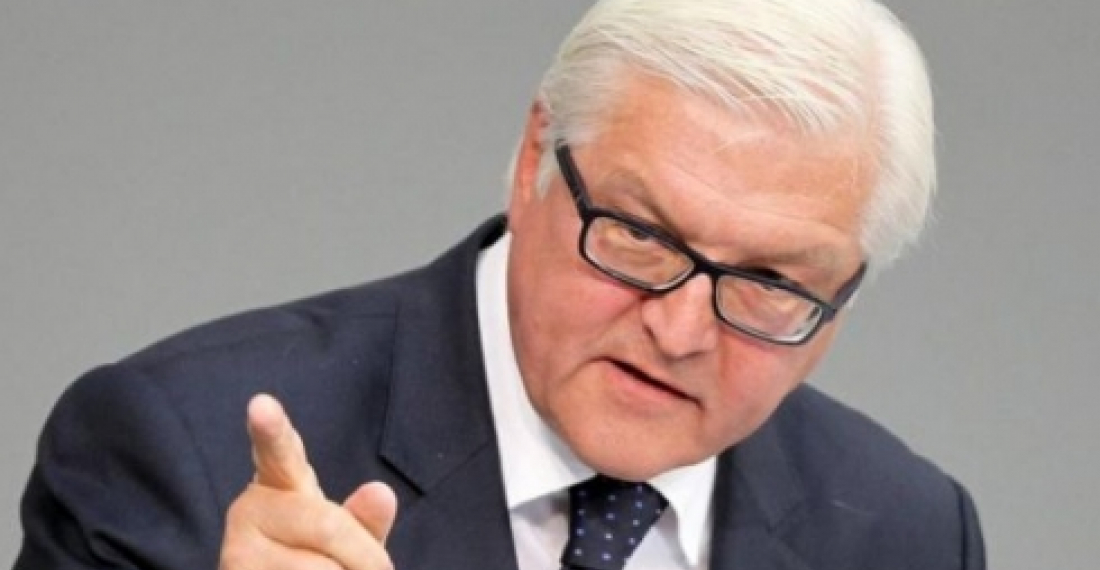The German Foreign Minister, Frank-Walter Steinmeier, who this year is also the Chairman-in-Office of the Organisation for Security and Co-operation in Europe (OSCE), will later this week travel to the South Caucasus for talks with leaders of the countries in the region. Steinmeier is expected to arrive in Armenia on 29 June, and from there will later travel to Azerbaijan and than on to Georgia.
Commonspace.eu political editor said in a comment that Steinmeier's decision to travel to the region despite the ongoing problems in Europe arising out of the brexit referendum indicates the committment of the German OSCE Chairmanship to move forward as much as possible issues related to the unresolved conflicts in the South Caucasus.
"Steinmeier has over the last months dedicated considerable time and energy to the issue of the Karabakh conflict, and in April played an important role in the diplomatic activity that ensued after violence erupted on the line of contact in the Karabakh conflict zone. The unresolved conflicts will be the main issue under discussion in the three countries during the visit.
In Azerbaijan Steinmeier is also likely to raise the issue of the OSCE representation in Baku. The OSCE Office in Baku was closed down last year at the request of the Azerbaijan government but it is known that the OSCE is still interested in being represented in the country in some form or other. In Georgia Steinmeier will also be briefed about preparations for the forthcoming Parliamentary elections in October.
Overall the visit is of significance and Steinmeier will also use it to reassure the leaderships in the three countries of the continued support in Europe for the welfare and development of their countries, and for peace in the region."
source: commonspace.eu
photo: German Foreign Minister Steinmeier (archive picture).






